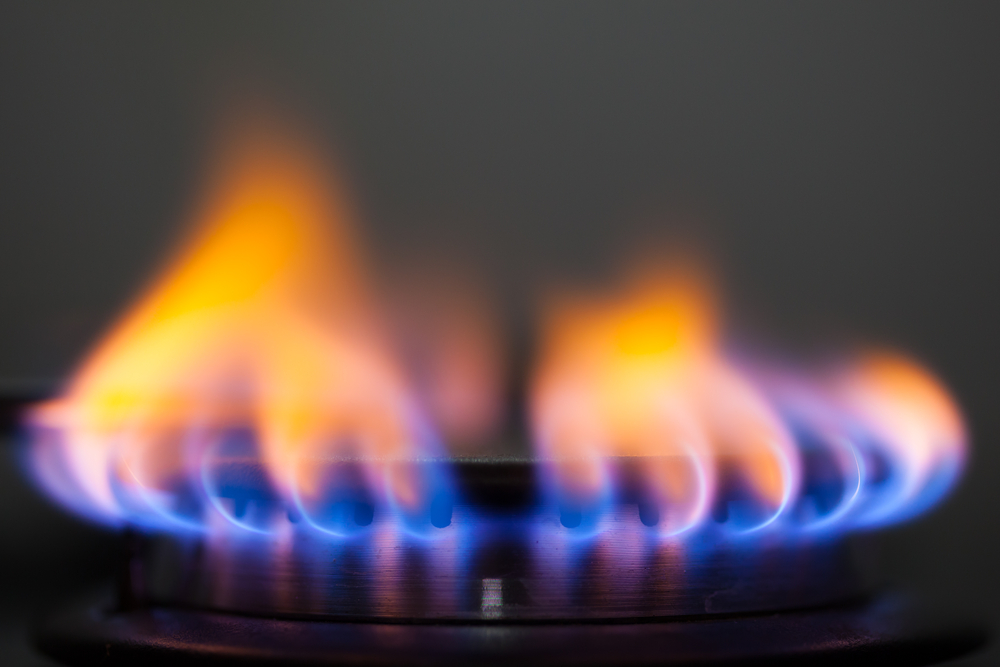Household Bills
Energy bills predicted to fall below £2,000 from July

Guest Author:
Emma LunnFalling wholesale gas prices could mean annual energy bills will fall to an average of £1,981 per year from July.
Wealth management group Investec has predicted that Ofgem’s price cap, which determines how much suppliers can charge per unit of energy, will fall to £1,981 a year from July and then to £1,966 in October for the average household.
The figure is a fifth lower than Investec’s previous forecast of £2,478 for July.
Meanwhile, analysts at Cornwall Insight say a typical bill will drop to £2,013 in July, then £2,002 in October.
Ofgem’s lower cap will largely come as the result of falling gas prices, which were 96p per thermal unit on Tuesday, down from an August peak of 640p.
Under the government’s Energy Price Guarantee (EPG), the typical customer is currently paying about £2,500 a year for their gas and electricity. The government price cap overrides Ofgem’s price cap with government subsidies picking up the tab for the difference between the two figures.

Wellness and wellbeing holidays: Travel insurance is essential for your peace of mind
Out of the pandemic lockdowns, there’s a greater emphasis on wellbeing and wellness, with
Sponsored by Post Office
Chancellor Jeremy Hunt said in the Budget last week that the Energy Price Guarantee will remain at £2,500 from April to July, not rise to £3,000 as planned.
Investec analyst Martin Young said that Investec’s estimates were “volatile” given that events can change.
Young said the cheaper price cap, forecast to reach its lowest level since April 2022, was welcome, but was still far higher than households are used to paying.
He added people may be tempted to switch to fixed rates to avoid volatile markets hiking bills again this winter.
“We need to be cognisant of the fact that when any annual estimate starts with a two, that’s still much higher than typical households are used to paying,” he said, “Some people will just want a fix for that piece of mind.”